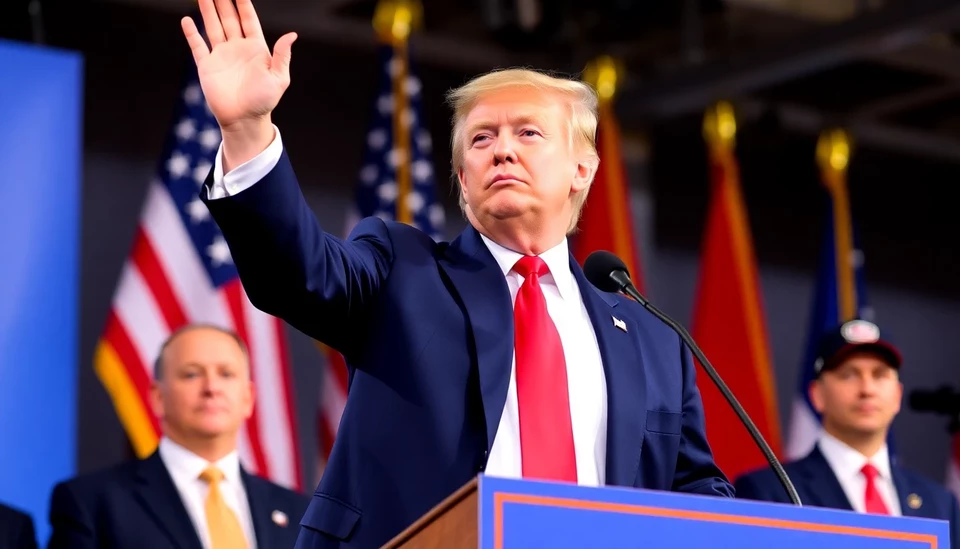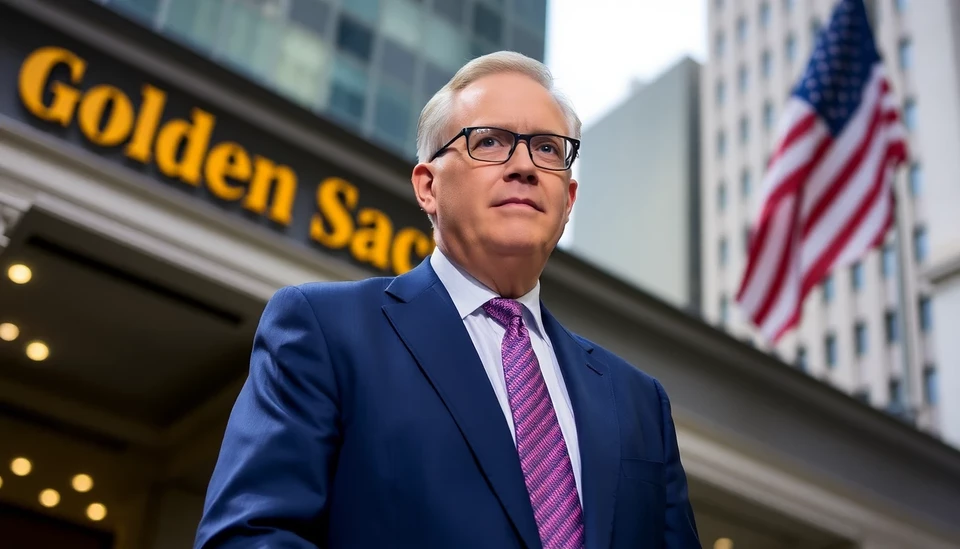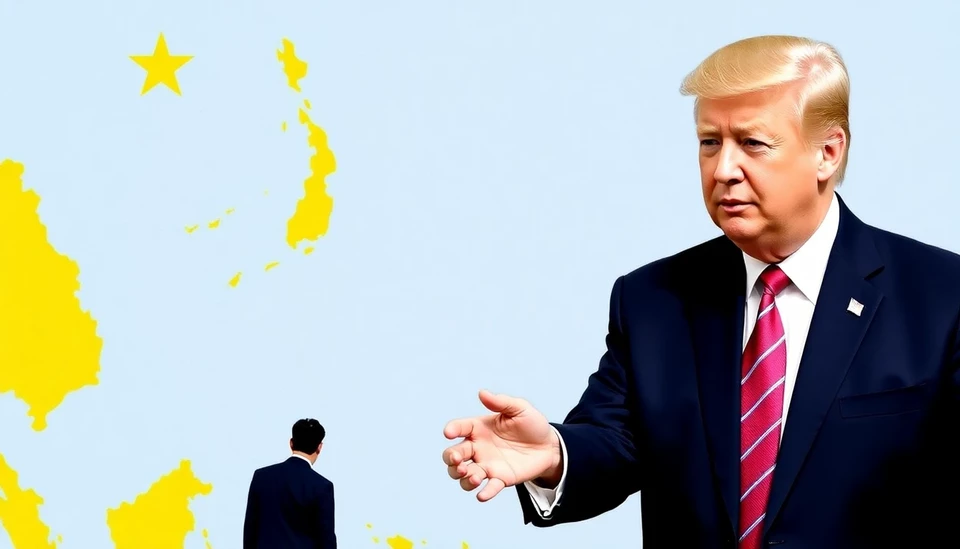
In an unexpected twist, former President Donald Trump has secured a significant victory in the recent elections, sending ripples through international markets and raising questions about the future of global trade and economic policies. The implications of Trump's return to power are already being felt from the United Kingdom to China, with a mix of optimism and concern over what his administration may prioritize.
The financial markets reacted swiftly to Trump's victory, showcasing a surge in stock prices, particularly in sectors anticipated to benefit from his policies, such as energy and manufacturing. On the other hand, investors wary of potential trade wars or regulatory rollbacks are approaching the situation with caution, highlighting the dichotomy of sentiments surrounding his administration.
In the UK, analysts are contemplating the potential impact on the ongoing economic recovery from the pandemic. Brexit negotiations, which have been fraught with challenges, could take a new direction, especially if the U.S. under Trump leans towards more protectionist policies. The UK has been keen to foster strong trade relations with the U.S., and Trump's victory could signal a renewed focus on bilateral agreements, though it may come at the cost of strained relations with other trading partners.
Meanwhile, across the Atlantic, China is bracing for the implications of a Trump presidency. Under his administration, U.S.-China relations were characterized by heightened tensions and trade tariffs. Analysts suggest that Trump's return might bring about a continuation of aggressive trade policies that could stifle China's economic ambitions, particularly in technology and manufacturing sectors. This uncertainty has led to fluctuations in the Chinese yuan as investors await clarity on how the new administration will approach these complex relationships.
Additionally, sectors such as defense and infrastructure are likely to see renewed investments as Trump has historically championed robust spending in these areas. Companies aligned with Trump's vision of regaining America’s manufacturing prowess might experience a surge in demand, potentially reshaping industrial landscapes in both the U.S. and allied countries.
As the world processes this significant political shift, experts are advising businesses and governments alike to prepare for a wave of regulatory changes and trade negotiations that will characterize Trump's second term. Stakeholders are already convening discussions on how best to navigate the shifting dynamics while striving to maintain market stability in the face of possible turbulence.
In summary, Trump's electoral win is set to redirect the focus of economic strategies across the globe. Key international players are likely to adapt rapidly to the evolving landscape, with some forging ahead to capitalize on systemic changes, while others proceed with caution in anticipation of unpredictable outcomes. The worldwide economic environment stands at a precipice, with Trump's decisions promising to have far-reaching effects in the months and years to come.
#Trump2024 #GlobalEconomy #TradeRelations #USChina #UKEconomy #Investing #FinanceNews
Author: Daniel Foster




